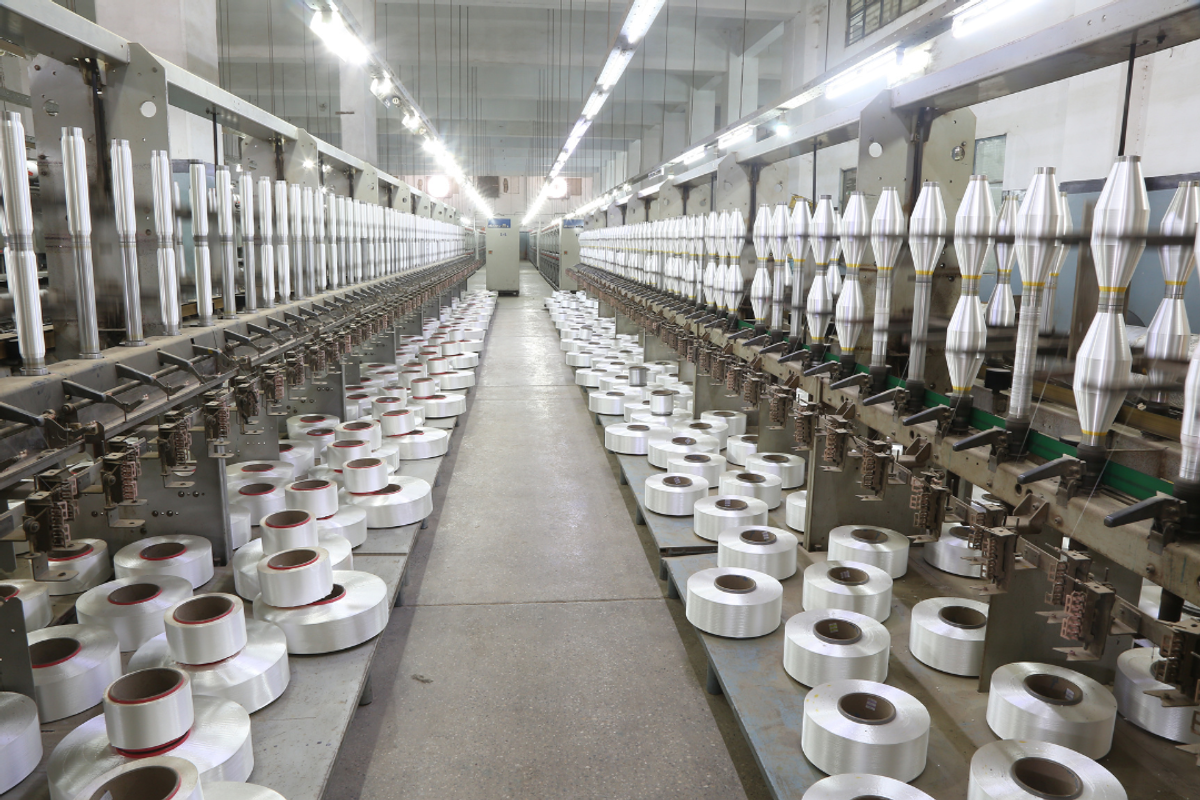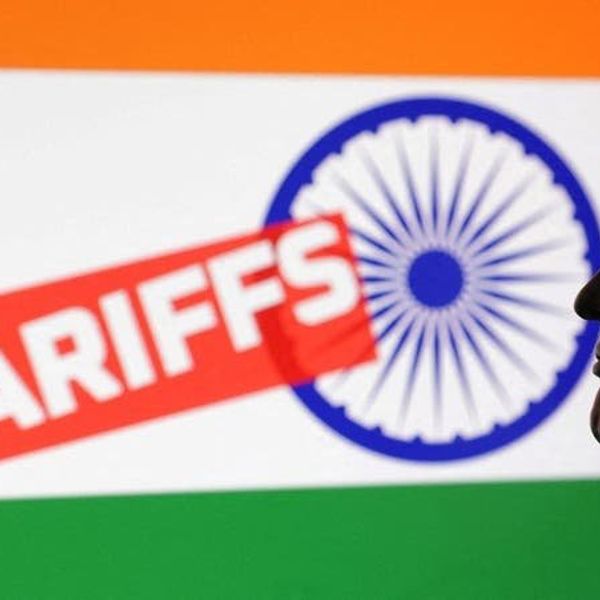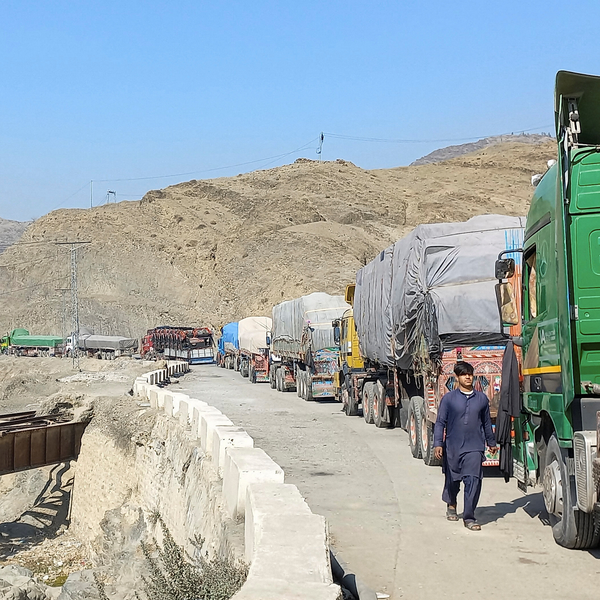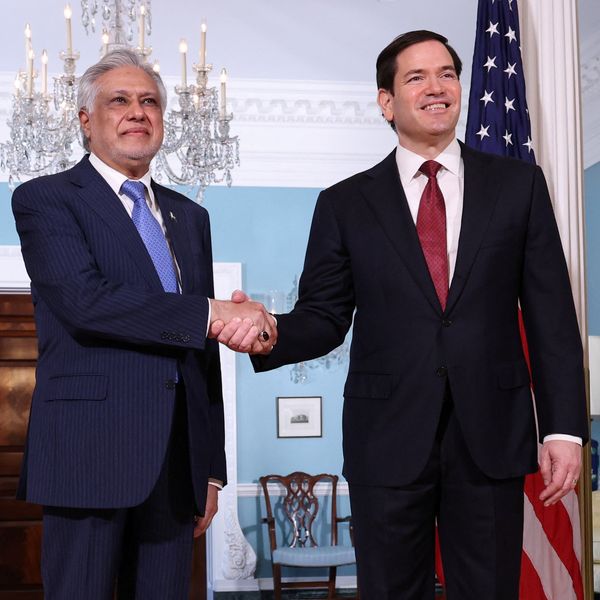Textile exporters warn energy inefficiencies, policy gaps threaten Pakistan’s competitiveness
Pakistan Textile Council urges reforms to unify tariffs, remove levies, and stabilize power policy
Business Desk
The Business Desk tracks economic trends, market movements, and business developments, offering analysis of both local and global financial news.

Pakistan’s export-oriented industries are struggling to remain competitive due to deepening inefficiencies and policy inconsistencies in the country’s energy sector, the Pakistan Textile Council (PTC) warned in a letter to a top government official.
In a letter addressed to Adviser to the Prime Minister Dr. Syed Tauqir Hussain Shah, PTC Chairman Fawad Anwar said the uncoordinated expansion of power plants and solar generation has disrupted grid stability, while the current mechanism for selling excess capacity “remains ineffective and urgently requires reassessment”.
“Export-oriented industries are facing severe challenges due to the growing inefficiencies and policy inconsistencies in the energy sector,” Anwar wrote on behalf of the council and its member companies.
He noted that exporters are also burdened by multiple anomalies in the gas tariff structure, citing the recently imposed levy on captive power as “incorrectly based on peak tariff alone”.
The letter said the operations and maintenance (O&M) charge for captive power has been arbitrarily increased from PKR 1.65 per kilowatt-hour to PKR 4.31, while a debt-servicing surcharge has been added even though it does not appear in the National Electric Power Regulatory Authority’s approved tariff.
“At PKR 3,500 per MMBtu, captive gas power is already costlier than the grid even before applying the levy,” Anwar said.
On the electricity side, the PTC said tariffs have risen to an “unsustainable” average of PKR 33.50 per kilowatt-hour, with high peak-hour pricing disrupting multi-shift operations, leading to idle labor, reduced productivity and underutilized overheads.
“The persistence of high peak tariffs despite surplus generation is both contradictory and economically damaging,” Anwar wrote. He added that the government’s PKR 84,000 per ton levy on furnace oil has forced exporters to sell the fuel abroad at prices below domestic levels, causing losses for both industry and the national exchequer.
To help achieve the government’s “Uraan Pakistan” export target of $60 billion by fiscal year 2028-29, the council recommended several policy measures, including a single energy tariff based on the weighted average cost of gas (WACoG), elimination of peak tariffs, and the removal of cross-subsidies for other sectors.
It also called for a proper recalculation of the captive power levy, reclassification of combined heat and power plants as part of the “industrial process” to improve efficiency, and the abolition of the furnace oil levy.
“PTC remains committed to working closely with the government to refine its policies and ensure their effective implementation in the national interest,” Anwar concluded.










Comments
See what people are discussing